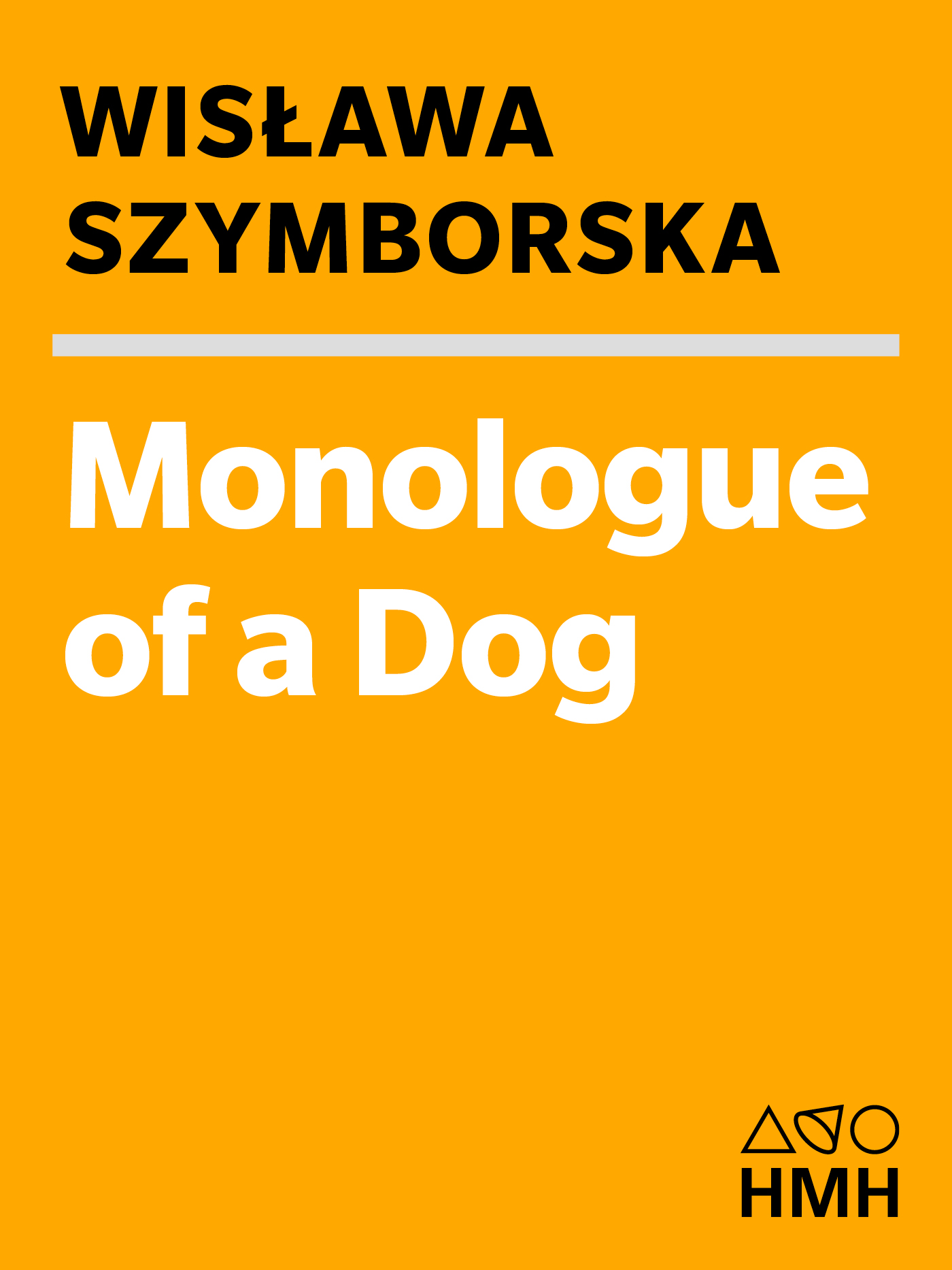
Monologue of a Dog
- اطلاعات
- نقد و بررسی
- دیدگاه کاربران
نقد و بررسی

August 15, 2005
Nobel laureate Symborska takes on current events and ancient conundrums in this elegant, terse new collection. The title abbreviates the opening poem, "Monologue of a Dog Ensnared in History": the dog stands for all the citizens who served, or simply failed to resist, dictators, then wondered at the revolutions that displaced them. Other poems consider wartime victims: "What if... I'd been born/ in the wrong tribe,/ with all roads closed before me?" One poem perhaps destined for widespread reprinting depicts with tact and awe the jumping, falling casualties of September 11. Yet Symborska (View with a Grain of Sand
) also excels with slower, less topical concerns. "Joy and sorrow," she explains, "aren't two different feelings" for the human soul; rather, the soul "attends us/ only when the two are joined." Symborska and her translators (the Polish is on facing pages) achieve a diction suited to her drily understated wisdom, and some of her work may be quoted far and wide; "Life is the only way," another poem advises, "to get covered in leaves,/ catch your breath on the sand,/ rise on wings."

Starred review from October 1, 2005
"This moment reigns as far as the eye can reach./ One of those earthly moments/ invited to linger." In this volume, Nobel laureate Szymborska ("View with a Grain of Sand") invites readers to linger over moments small, earthly, and sometimes life-altering. With characteristically simple language and imagery, wit and irony, she shows us how life can change at any moment. Hers are the politics of the everyday, little observations on the value of life. She could have sensationalized the indecencies perpetrated by the terrorists in her poem "Photograph of September 11," but instead she chooses to remark on those who jumped: "The photograph halted in them life -&with a particular face/ and blood well-hidden." In another poem, she speaks from the voice of a much-loved dog whose responsibilities include "waiting, trusting." There is a poem about a little girl who pulls at a tablecloth while considering "things that don't move by themselves." Another piece regards the soul, how "no one's got it non-stop," how the soul arrives when joy and sorrow are joined, how "we can count on it/ when we are sure of nothing/ and curious about everything." Szymborska's own curiosity seems boundless; her view of the world is generous and full of a soul that visits often. "And what can you say about one day of life, / a minute, a second: / darkness, a lightbulb's flash, then dark again?" Highly recommended for general poetry collections. -Karla Huston, Appleton Art Ctr., WI
Copyright 2005 Library Journal, LLC Used with permission.

November 1, 2005
It contains only 26 poems, and the Polish originals fill half the pages, yet few poetry collections should pass up this book. Szymborska's keenly imaginative wisdom is one of the glories of contemporary world poetry. In "Early Hour" she gives us not a wakeful or waking piece but a virtual motion picture of her immediate circumstances while she is still asleep: "This rarely astounds me," she says, "but it should." Few readers will not be astonished, however, and struck by the vigor of the poem's Heraclitean realization. "A Few Words on the Soul" expounds a phenomenology of the soul: "No one's got it non-stop, / for keeps," Szymborska ventures before positing when it does and doesn't attend us. Szymborska's highly unorthodox concept feels refreshingly right. The gently mocking "Plato, or Why" wonders how the Ideal could have condescended to mingle with matter, mortality, and "those appalling poets." Yes, this is philosophical poetry, of the front stoop and the fence rather than the lectern, and altogether marvelous.(Reprinted with permission of Booklist, copyright 2005, American Library Association.)




دیدگاه کاربران